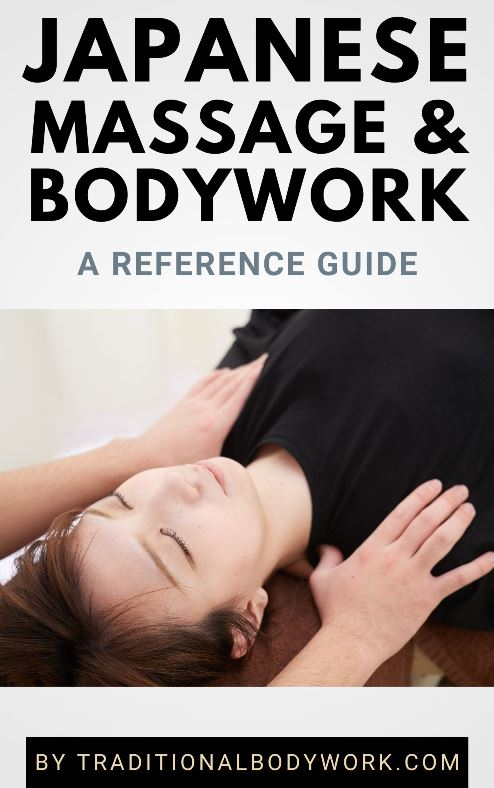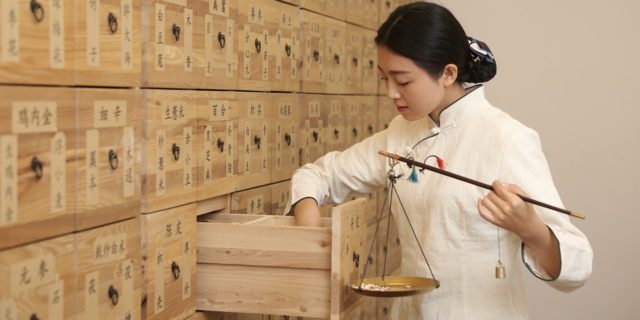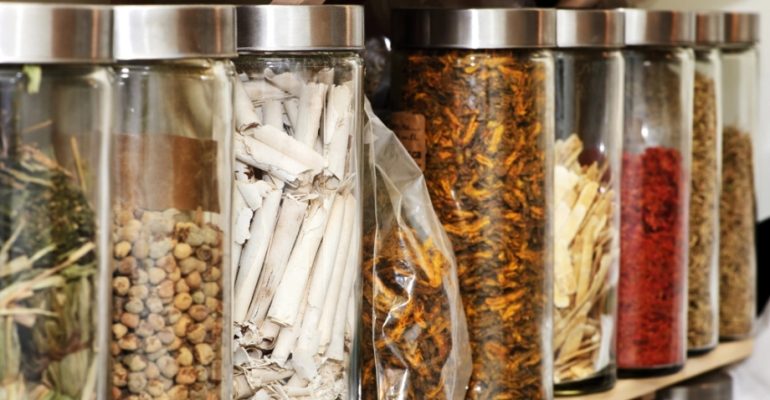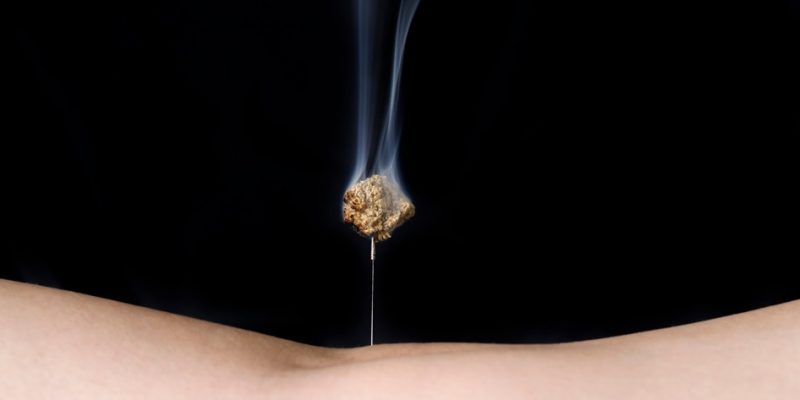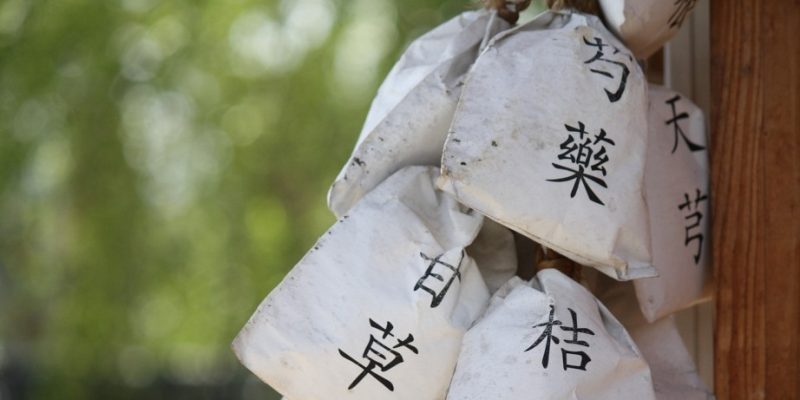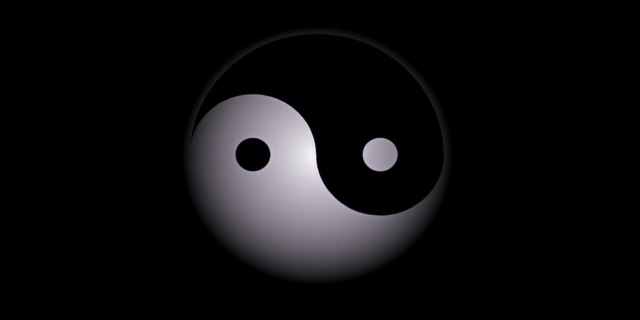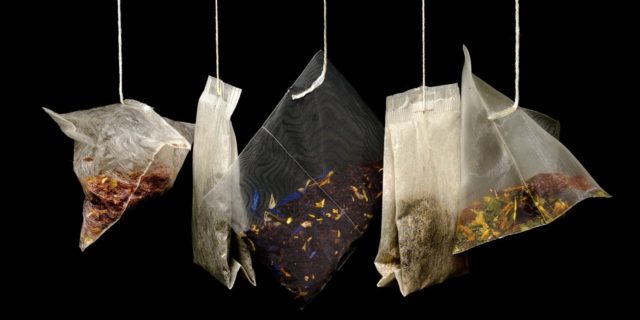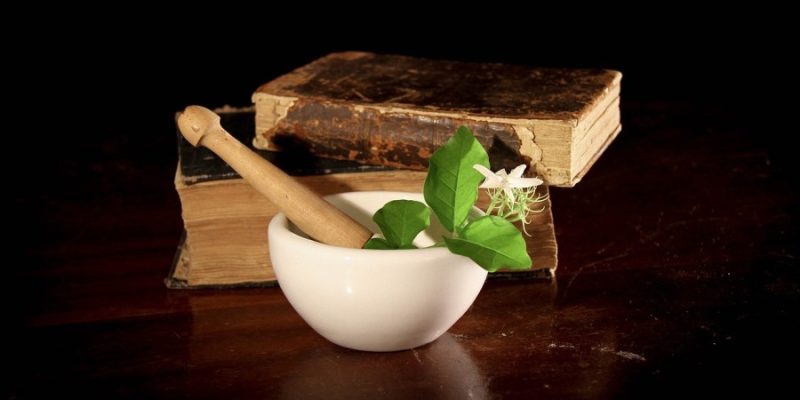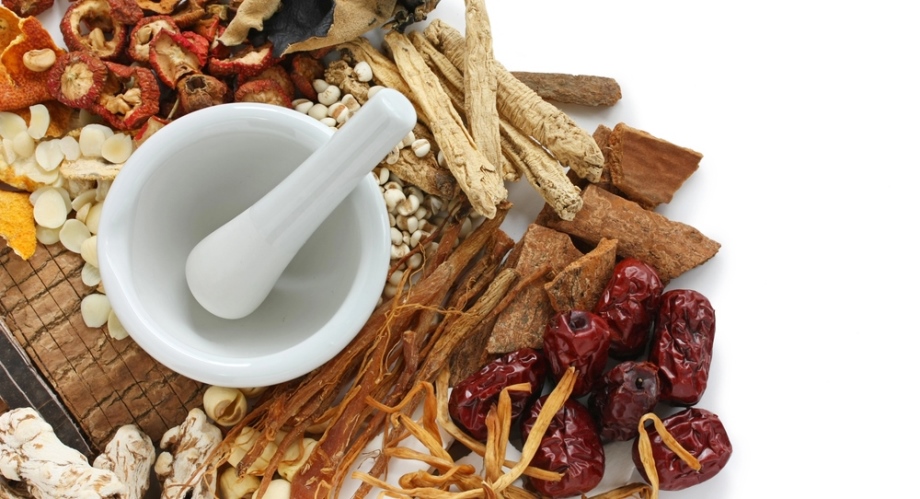
Food and nutritional therapies in Traditional Chinese Medicine (TCM) generally aim at maintaining a balanced nutrition through diets. The main goal is prevention of illness and slowing down aging, that is, promoting healthy longevity.
However, Medical Food Therapy (or Medical Diet Therapy) is rather curative and aims at regaining balance of Yin and Yang through a combination of nutrition, including the use of herbs. It means, in actual practice, that Medical Food Therapy aims at alleviating or curing certain diseases or health afflictions, such as psoriasis, jaundice, diarrhea, diabetes, acne, hemorrhoids, and whatnot.
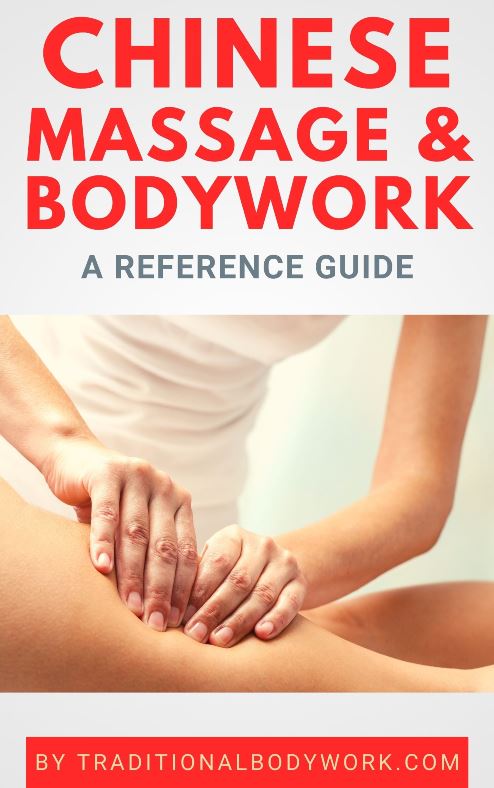
In Chinese philosophy, food in itself is considered medicine (or the opposite, being toxic and harmful), and food can be enriched with specific herbs or supplements to increase its beneficial properties. That is, herbs and food have their individual health benefits, but combinations of certain foods and certain herbs form synergies that surpass individual properties.
Mind also that in TCM, specific parts used of humans (for instance, hair or nails), animals, or minerals are likewise considered herbal medicine.
Written more than 2,000 years ago in China, in the treatise On Laws and Times of Organs, it was already mentioned that grains nourish, fruits assist, livestock benefit, and vegetables supplement. It was remarked also that one should take them in correct proportions to supply energy and keep one’s constitution in balance.
TCM states that food has various properties, including warm, hot, cold, and cool (by the way, this has nothing to do with the actual temperature of food, but with their supposed properties and function). For instance, warm and hot food can warm the spleen and stomach to dispel coldness, invigorate the spleen, and reinforce the stomach.

Apart from the properties mentioned above, food also has flavors, such as spicy, sweet, sour, bitter, and salty, each of which are defined as working on specific organs and body systems.
In addition, food and herbs also provoke explicit actions in the body, such as diaphoretic (cleansing through sweat), anti-inflammatory, diuretic (cleansing through urine), digestive, relaxant, or tonical, to name just a few categories.
However, knowledge about the characteristics of food and herbs is only one part of the equation. That is, Medical Food Therapy in TCM is a complex field of work because the prescription of an appropriate diet that includes the right properties, functions, flavors, and actions for a given person depends on proper TCM assessment and diagnosis of the issues and ailments of the patient at hand.
The latter includes gathering data about a patient through TCM assessment techniques that include visual inspection (tongue, complexion, etc.), listening and smelling (breath, odors, excretions, etc.), inquiry (talks, medical history, etc.) and palpation (feeling, tapping, pressing, etc.).
Afterwards, the data gathered needs to be interpreted i.e. diagnosed, which involves analysis by means of a complex variety of TCM principles, such as Yin-Yang balance, Hot and Cold, Excess and Deficiency, the Five Elements, the Zang-Fu organs, age, pathogenic factors (environmental influences), and the Qi Energy Meridians, to name some of the key principles.





